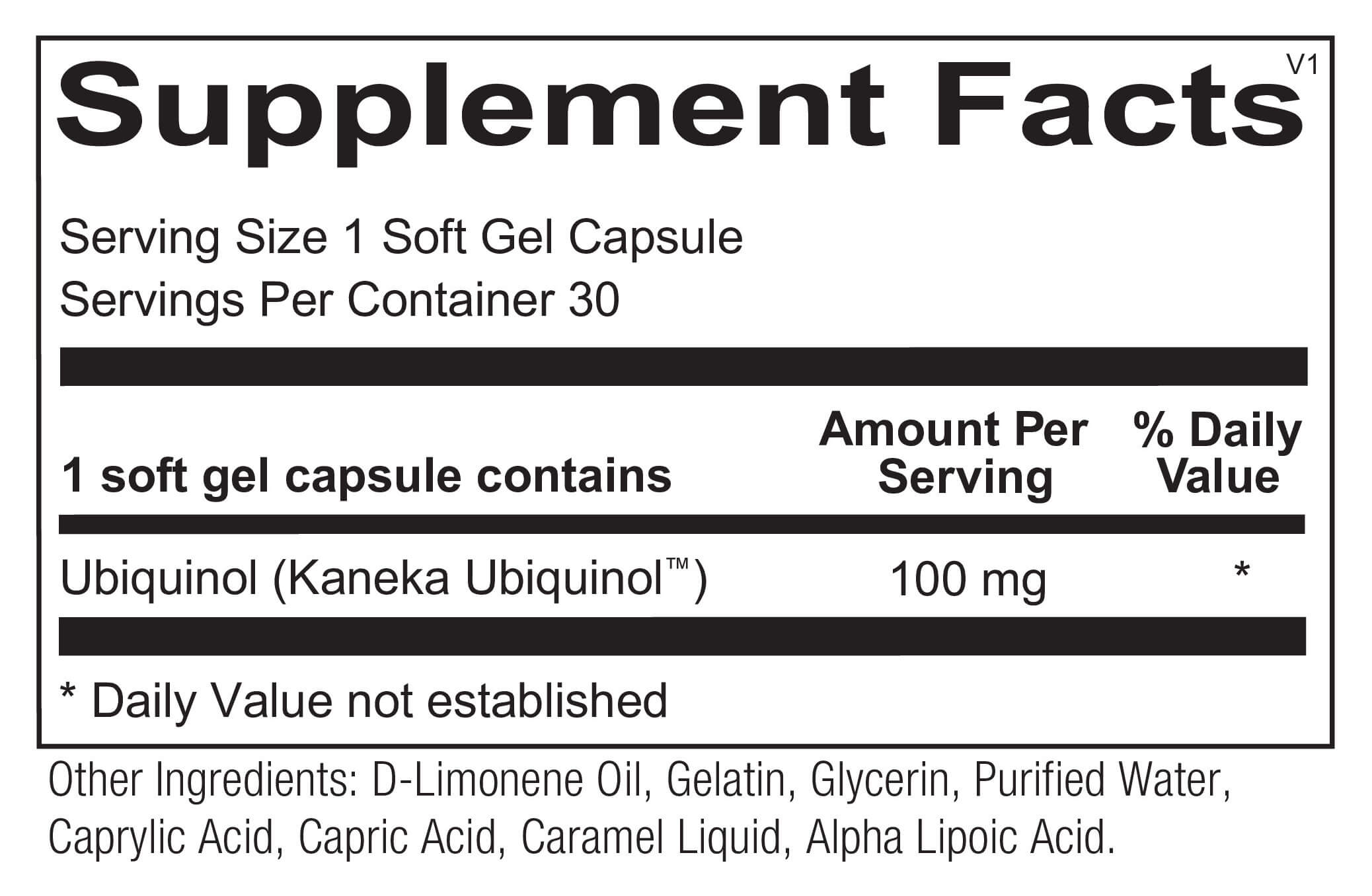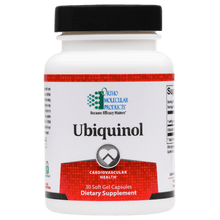 Loading... Please wait...
Loading... Please wait...- Brands
- Categories
- A Vitamins
- Amino Acids
- Antioxidants
- B Vitamins
- C Vitamins
- Calcium
- Childrens Formulas
- CoQ10
- D Vitamins
- E Vitamins
- Enzymes
- Essential Fatty Acids
- Fish Oils
- Gluten Free
- Green Foods
- Herbal Extracts
- Homeopathic
- Iodine
- Iron
- Keto
- Magnesium
- Minerals
- Multi-vitamins
- Nutritional Bars
- Pet Supplements
- Potassium
- Probiotics
- Protein Formulas
- Soy Free
- Vegan
- Vegetarian
- Zinc
- Health Concerns
- Adrenal Fatigue
- Allergy & Sinus
- Anti-Aging Support
- Blood Pressure
- Blood Sugar
- Bone Health
- Brain & Neurological
- Cardiovascular
- Cholesterol
- Circulation
- Detoxification
- Endocrine Support
- Energy & Performance
- Eye Health
- General Wellness
- Hormone Support
- Immune Support
- Intestinal & Digestion
- Joint Pain & Inflammation
- Kidney & Urinary
- Liver Support
- Men's Health
- Menopause Support
- Muscle Support
- Oral Health
- Prostate Health
- Respiratory Care
- Senior Health
- Sexual Wellness
- Skin Support
- Sleep & Stress Management
- Thyroid Support
- Vein Support
- Weight Management
- Women's Health
Add to Favorites
You Recently Viewed...
Ubiquinol - 30 Capsules
- Home
- Categories
- CoQ10
- Ubiquinol - 30 Capsules
- Home
- Brands
- Ortho Molecular
- U
- Ubiquinol - 30 Capsules
Product Description
How it Works
- Supports Cellular Energy Production, Stamina and Cardiovascular Strength
- Improves Antioxidant Reserve Vital for Cell Membrane Protection
- Essential for Mitochondrial Synthesis of Energy (ATP)
- Provides Fully Reduced Form of CoQ10
- Patented and Stabilized Form for Maximum Bioavailability and Utilization
CoQ10, or ubiquinone, is a lipid-soluble antioxidant which is found in every cell in the body. CoQ10 is abundant in the mitochondrial membrane and plays an important role in the synthesis of adenosine triphosphate (ATP), a molecule of chemical energy upon which all cellular functions depend. The synthesis of ATP within the mitochondria is a multi-step series of biochemical reactions called the electron transport chain. As a coenzyme, CoQ10 is required for several enzymatic reactions required to produce cellular energy and to protect the body against free radicals produced during this process. To maintain energy production, mitochondrial CoQ10 is continuously recycled from ubiquinone, its ATP production state, to ubiquinol, its antioxidant, free radical scavenging state. CoQ10, has been shown to extend cell life and benefit high-energy systems like the cardiovascular, neurological, and immune systems.
Suggested Use:
1 soft get capsule per day or as recommended by your health care professional.
CoQ10 Depletion
The body's ability to produce and metabolize CoQ10 has been reported to decrease with age. CoQ10 deficiency may be caused by insufficient dietary intake of CoQ10, impairment in CoQ10 production, drug-induced CoQ10 depletion, gene mutations, and oxidative stress. HMG-CoA reductase is an enzyme required for the synthesis of cholesterol and CoQ10. Cholesterol lowering medications inhibit this enzyme in order to reduce cholesterol synthesis but may also deplete CoQ10 status simultaneously. In the event of CoQ10 depletion, supplementation can improve CoQ10 status and help maintain optimal levels in the body.
Antioxidant Protection
Oxidative stress is a condition that occurs when there is an imbalance of free radicals and antioxidants required to neutralize them, leading to oxidative damage. The extent of oxidative stress depends on the rate at which free radicals are generated, the level of antioxidant reserves, and the rate of repair of cellular and tissue damage that has occurred. This process has a significant impact on the body's aging process. Ubiquinol is an electron donor because it has two hydroxyl groups. The electrons that ubiquinol donates help to neutralize free radicals thereby providing significant protection against toxic oxidative reactions in the body.
Cholesterol
CoQ10 appears to be a preventive factor for reducing low-density lipoprotein (LDL) oxidation- a major factor for supporting healthy cholesterol levels. In a study examining the antioxidant effects of ubiquinol versus vitamin E, ubiquinol significantly reduced LDL lipid peroxidation more efficiently than vitamin E.
Click here to view additional product information
Ortho Molecular Products' logo, text, trademarks, graphics, video, and photo images are the property of Ortho Molecular Products, Inc. and are used with permission. Copyright © 2024
This product is intended to be used with the guidance of your healthcare professional and shall not be resold. Ortho Molecular uses only authorized resellers and may seek legal action against those reselling this product.
*FDA Disclaimer: The information about this product and statements made are provided by the manufacturer, except customer reviews which are not evaluated. See www.orthomolecularproducts.com for information about the relationship between this product and any claims made. Results may vary from person to person based on body size and other factors, and the effectiveness is not guaranteed for you. Always seek the advice of your healthcare professional about taking dietary, nutritional, herbal or homeopathic supplements.
These statements have not been evaluated by the Food and Drug Administration. This product is not intended to diagnose, treat, cure or prevent any disease.Ingredients
Recommended Use
1 soft get capsule per day or as recommended by your health care professional.










